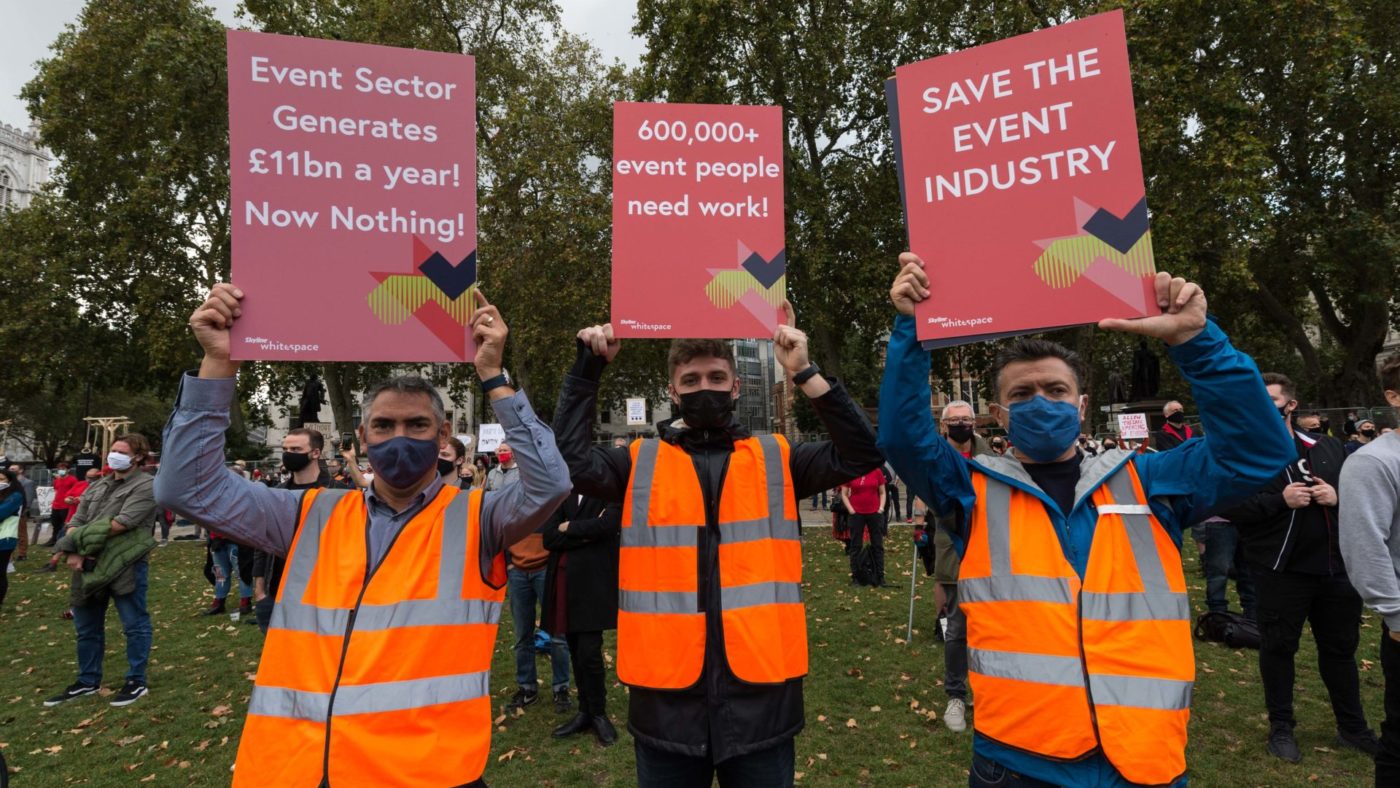We inevitably face much higher unemployment over the coming winter. And many people will withdraw from the labour market completely, retiring, going back to study or caring for families. Adding to this, large numbers of self-employed people running their own businesses will find it impossible to continue.
Measures such as the Coronavirus Job Retention Scheme and the Self-employment Income Support Scheme served a useful purpose when it looked as if the restrictions on our economic life would be temporary. But the Chancellor has rightly recognised that the Government can’t keep businesses on life support indefinitely.
Apart from the huge cost – of the order of £100 billion by the time these schemes have been wound down – production and spending patterns have probably changed for good. People are less likely to travel and to attend theatres, conferences and exhibitions than in the past. They are more likely to work at home and to buy goods online rather than shop in crowded stores.
Even in ‘normal’ times, over a million jobs disappear in a six month period as demand shifts and businesses restructure or fail. In the last decade, jobs created over such a period have typically exceeded job losses. It is on the creation of new jobs that government attention should focus.
But how to encourage new jobs?
Let’s start with what not to do. Direct government interventions to ‘create jobs’ by public spending are costly, rarely successful in generating multiplier effects and are not the way forward. Simply employing extra teachers, police officers or civil servants often does little to improve productivity or the quality of public services.
There is talk of massive investment in new green technologies. But governments have a poor record in outguessing the market to choose new technologies to invest in. Too often they end up ‘picking losers’. As for huge infrastructure schemes such as Crossrail and HS2, these are too often wasteful and subject to massive overruns in both time and money. By diverting skilled labour and equipment for years on end, they may crowd out private investment. They are anyway unlikely to provide many jobs for people who were working in shops, restaurants and events, or for the thousands of new graduates seeking their first jobs.
Nor are subsidies to employers to take on young workers – such as the new Kickstart programme – likely to do much good. We have had many such schemes in the past, and the evidence is that they add little to sustainable employment when the subsidy runs out. They often simply divert unemployment from one group to another.
The temptation for governments is to spend money to show it is at least doing something – anything – in the face of rising unemployment. But the current crisis must not be an excuse for the permanent expansion of the state, surely eventually accompanied by increased taxation, itself damaging to the recovery and a permanent drag on the economy.
Before the pandemic hit, the UK had been doing done well in generating new private sector jobs. We must restore and enhance the conditions under which job creation is maximised, which means allowing markets for goods and services to operate freely.
First and foremost, of course, the Government needs to be quite sure that continuing restrictions on activity are justified by evidence-based health requirements rather than message-signalling collective punishment for populations who breach complicated and confusing rules.
Looking to the future, the Government has made useful steps in relaxing some rules such as delivery and opening hours for some types of business. Proposed deregulation of land use planning is very welcome and long overdue. It has the potential to generate a housing boom like that which speeded recovery in the 1930s. But in thinking about job creation we should also look to liberalise employment law.
Employment regulation is in effect a tax on jobs, the burden falling largely on workers in terms of reduced pay and employment opportunities rather than on company profits. The Government should resist current pressures for further extension of such regulation – for example a proposed ‘right’ to homeworking – which often serves sectional interests at the expense of the wider workforce, and is a poorly targeted way of assisting disadvantaged groups.
One key element in job creation and widening opportunities should be a reform of occupational licensing. Currently one in five jobs requires a government-approved qualifications. This is roughly double the proportion 20 years ago. We should not insist that all social workers have a degree in social work, or that entry into nursing careers should only by the degree route, or that estate agents, art therapists, childminders and private investigators should have a specific set of state-determined qualifications.
We could also usefully reform minimum wages, reducing the number of different rates, scrapping the target to have the National Living Wage reach 66% of median hourly earnings by 2024, and consider regionalisation of rates. We should scrap the Apprenticeship Levy, loosen restrictions on employment agencies and reform pension auto-enrolment.
The point is that sustainable increases in jobs come from employers large and small finding it economically worthwhile to employ people. They will not take people on out of the kindness of their hearts, nor should they be expected to. This insight should be at the centre of government thinking on jobs. It very rarely is.
Click here to subscribe to our daily briefing – the best pieces from CapX and across the web.
CapX depends on the generosity of its readers. If you value what we do, please consider making a donation.


